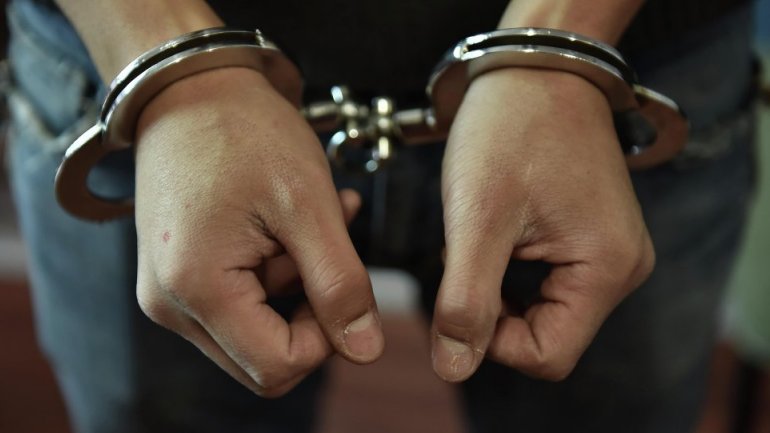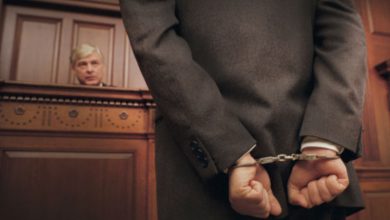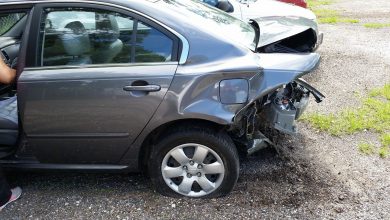Criminal Law Terms – What’s Strict Liability?

Regardless of whether you study criminal law and have get involved in times where understanding from the law is crucial, it’s useful to understand the terms used throughout a situation. The more knowledge you have, the greater you will get an awareness from the situation and just how it impacts you and your family members. Strict liability is really a term you might hear in link with a criminal situation. Exactly what does it mean?
Strict Liability: a Definition
Where strict liability is worried, prosecutors don’t always aim to prove an individual’s guilty mind (also referred to as mens rea) for connecting her or him towards the offense. Quite simply, the defendant might not have attempted to commit a criminal offense, but actions involved that brought to the appearance of wrongdoing can lead to a conviction of the individual under consideration. You might be unaware of what the law states, yet can always face conviction.
Types of Strict Liability
Such laws and regulations were produced centuries ago as a way of holding factory proprietors accountable for various safety hazards and ensuing accidents. Nowadays, strict liability can be used more frequently in minor offenses in which a defendant is not required a criminal, although not entirely blameless.
Parking Violations – A person parks his/her vehicle within the wrong place. Whatever the reason – emergency or else – strict liability enables for that issuance of the citation.
Violations Involving Minors – An individual buys an alcoholic drink for any minor, or perhaps an 18-year-old has intimate relations having a more youthful, although consenting, girlfriend or boyfriend. Strict liability may go in these instances and result in a conviction.
Wrongful death – An individual unknowingly or accidentally causes someone else’s dying. As the defendant didn’t intend to do this (i.e. not intent to commit first-degree murder), he/she isn’t wholly blameless.
Violations involving dubious situations – In certain actual cases, those who have offered services (selling alcohol, disbursing prescriptions) might be found liable of wrongdoing.
Strict liability is made to hold people liable of wrongdoing, despite the fact that this type of person not generally considered crooks. The punishments meted out for such offenses might not be severe, but when charged one could finish up having to pay fines, doing community service, or serving incarceration. It essentially depends upon the offense. When you are or a family member in times where strict liability pertains to something which involves you, you may need a criminal defense lawyer who are able to help.





